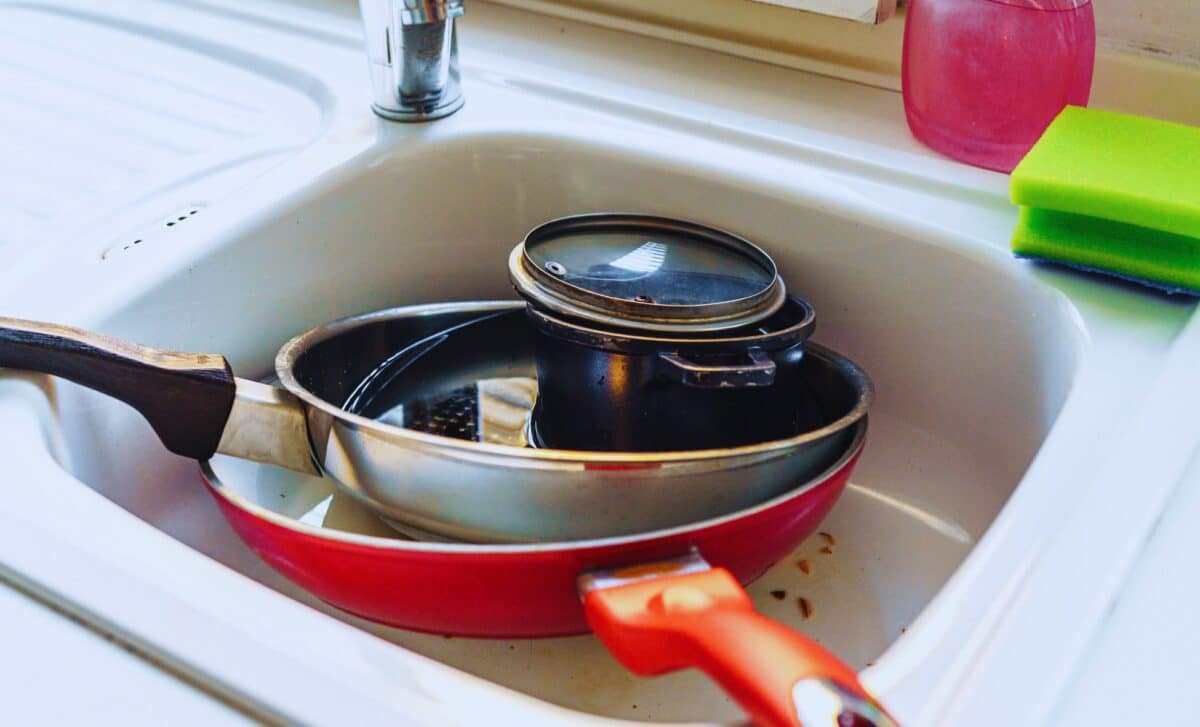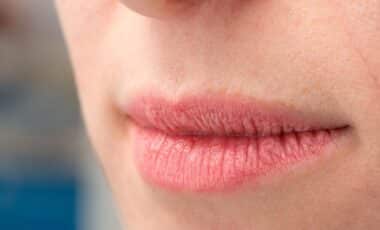After a busy day of work, errands, or spending time with family, the last thing on our minds is doing the dishes. So, instead of tackling that pile of plates, glasses, and utensils, we decide to leave them for later. “I’ll get to it soon,” we think. But as the hours pass, and the dirty dishes start to pile up, a new question arises—how long can you really leave them in the sink before it becomes a health risk?
The Bacteria Battle: What’s Lurking on Your Plates?
When you leave your dirty dishes in the sink, you might be unknowingly inviting bacteria to the party. Even after a wash, some stubborn bacteria can cling to your dishes, especially when they’re soaked in leftover food particles. Some studies show that bacteria can live on surfaces for up to four days. And with food scraps from dairy, meat, or greasy dishes, it doesn’t take long for those germs to multiply. The reality? Your sink can become a tiny incubator for germs.
The Sneakers and Dress Combo is Out in 2025: Here Are the Sneakers That Still Work
Why The Wait Might Be Risky
Let’s break it down a bit more. When the water temperature in the sink is less than 60°C, it creates an ideal environment for bacteria to thrive. That ‘just one more day’ habit you’ve been sticking to? Not so innocent after all. While you might think that soaking your dishes in warm water helps loosen food particles, it’s also the perfect breeding ground for bacteria.
And here’s another interesting fact: the longer you wait, the higher the risk. After 48 hours, bacteria levels increase, and you could start seeing issues like odors, flies, and even pests like cockroaches in your kitchen.
Also, Associate Professor Barbara Mullan from Curtin University’s School of Psychology explained that “if you leave dirty dishes around and there are people in the house, and possibly animals, they are likely to spread bacteria around.” She added, “Bacteria can survive on surfaces, even clean ones, for up to four days. So, on dishes that have food particles, bacteria can remain alive for a very long time.”
How Long Can You Actually Wait?
Experts say that leaving dirty dishes in the sink for more than 24 hours is pushing it. Ideally, you should aim to wash your dishes within 12 hours after use. If you can’t, no worries—just try to stick to a maximum of 48 hours. After that, your health could be at risk. The longer you wait, the more likely harmful bacteria will thrive, and the more potential harm they can cause.
And don’t think that soaking your dishes will help much. If you leave them in water for too long, you’re just making it easier for bacteria to spread across your entire kitchen. If you touch the water, then continue with other tasks without washing your hands, you risk transferring those germs elsewhere.
A Better Way: Quick Tips for Dishwashing
It’s easy to get caught up in the never-ending cycle of procrastination when it comes to washing dishes, but it doesn’t have to be that way! Here are a few tips to help you stay on top of your dishwashing game and avoid a kitchen full of germs:
- Wash After Every Meal: This one is pretty straightforward. If you wash your dishes right after you eat, you won’t ever have to deal with a dirty sink. It’ll become a part of your routine.
- Use a Dishwasher: If you’re not a fan of washing dishes by hand, a dishwasher is your best friend. Just be mindful of which items you put in there, as some things are better washed by hand.
- Dry Your Dishes Immediately: If you’re going to leave them to air dry, make sure they don’t sit in a puddle of water for too long. Bacteria love moist environments, so dry them off as soon as possible.
Staying on top of your dishwashing routine doesn’t just keep your kitchen looking great—it also prevents the spread of harmful bacteria and pests. Plus, you won’t have to stress over that unsightly pile of dishes when you come home after a long day.







